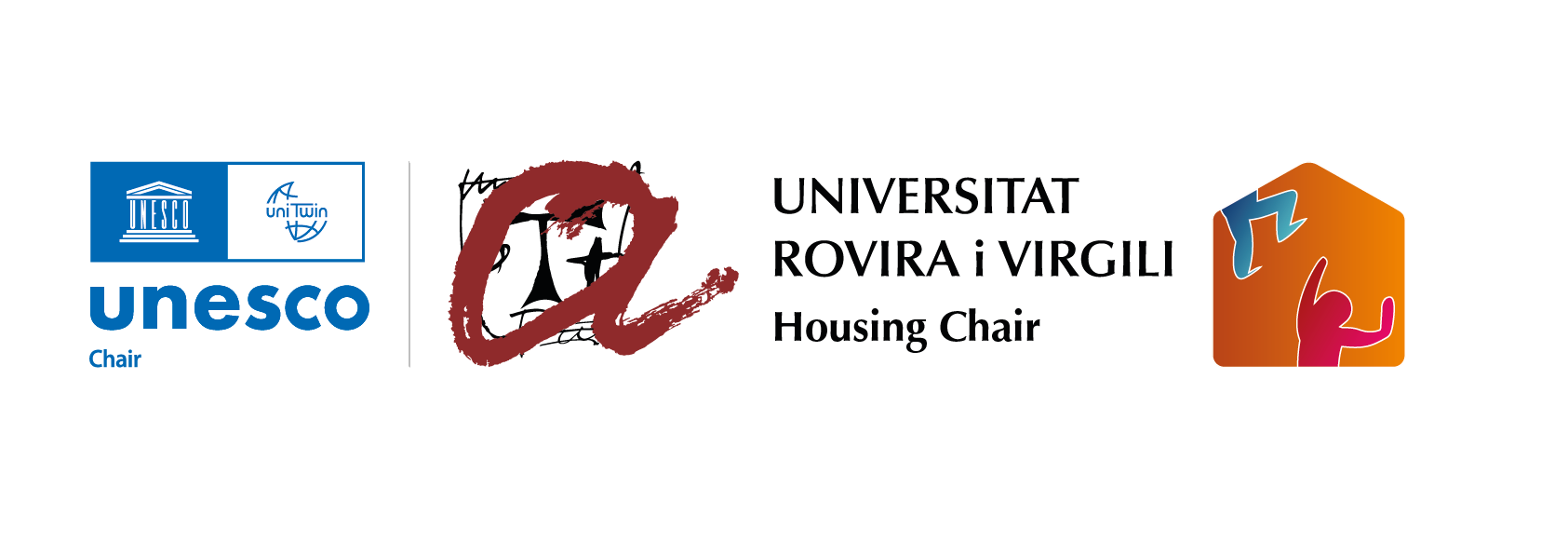Date: 27 and 28 April 2017
Venue: Campus Catalunya, University Rovira i Virgili
Av. Catalunya, 35 – 43002, Tarragona, Spain.
Directors: Sergio Nasarre Aznar, Maria J. Aldanas, Estela Rivas Nieto, Héctor Simón Moreno
Office and further queries: Alba Madrid (alba.madrid@urv.cat)
Detailed information about the conference (pdf)
Introduction
In the case Kusionová of the European Court of Justice 10-9-2014, the Court stated that “Under EU law, the right to accommodation is a fundamental right guaranteed under Article 7 of the Charter that the referring court must take into consideration when implementing Directive 93/13” and that “the European Court of Human Rights has held, first, that the loss of a home is one of the most serious breaches of the right to respect for the home and, secondly, that any person who risks being the victim of such a breach should be able to have the proportionality of such a measure reviewed”.
It seems that, for the first time, the ECJ goes a step forward acknowledging a sort of subjective right to housing (“accommodation”) which goes beyond all EU Constitutions that, when acknowledging the right to housing, simply provide for a mandate to the public Administration to undertake policies and legislation to fulfil that right. In addition, many countries have implemented or are in the process to implement Directive 2014/17, which may entail an important impact in the affordability and the way households will access to housing.
In any case, many evidences have been already been found to trace a path among housing tenures as a way to access to housing, overindebtedness, evictions and, ultimately, homelessness. One of the most recent works is the “Pilot project – Promoting protection of the right to housing – Homelessness prevention in the context of evictions” (VT/2013/056) that compares for the EU Commission data, causes and effective policies that may help to reduce househlolds’ overindebtedness, evictions and homelessness. Among them, several relate to housing tenures, such as housing tenures and human rights, housing tenures and consumers’ rights, continuum of housing tenures including enough affordable housing, restricting the use of short-time tenancies, assessing the impact between eviction measures and the housing and mortgage markets and to promote responsible lending.
All these aspects will be in the core of this international conference, for the first time organized by the UNESCO Housing Chair of University Rovira i Virgili and the Housing Rights Watch network of FEANTSA. This is a unique opportunity to gather together a network of more than 40 Spanish researchers that have been working to study how to reform housing tenures to make access to housing more affordable, stable and flexible for households in a project called “Reforming housing tenures: the access to housing through tenancies, homeownership and their taxation”; and the Housing Rights Watch network of FEANTSA, a European interdisciplinary group of associations, lawyers and academics from different countries, who are committed to promoting the right to housing for all. HRW seeks the realisation of the right of every person to live in dignity and to have a secure, adequate and affordable place to live.


